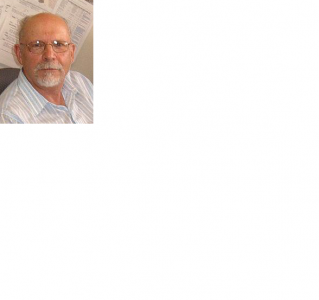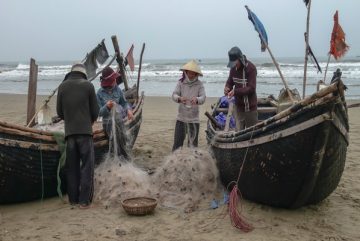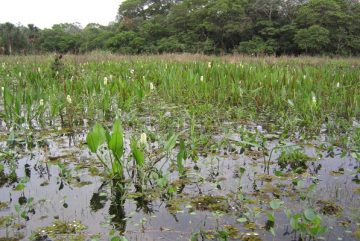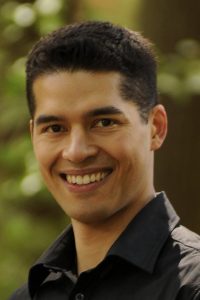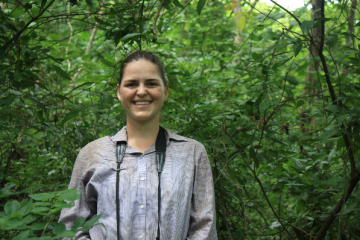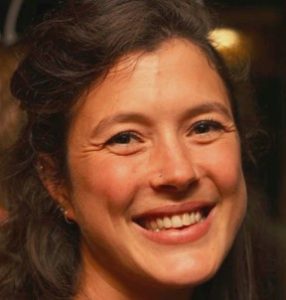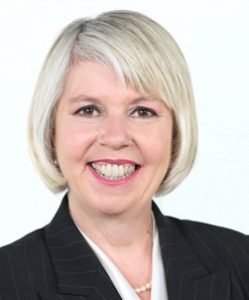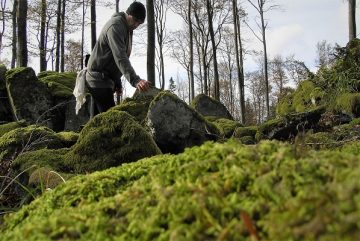IRES Seminar Series
Time: 12:30pm to 1:30pm (every Thursday)
Location: AERL Theatre (room 120), 2202 Main Mall
***************************************************************************
The FuturAgua project: Fostering regional drought resilience in Northwestern Costa Rica through international collaborative action research.
The FuturAgua project is an international, multidisciplinary, action-oriented research program involving three teams of researchers,funded by granting agencies in three countries, all focused on applied research to help build resilience to drought in the dry tropical northwest part of Costa Rica. The project was conceptualized, developed, and carried out in close collaboration with civil society groups and regional agencies that work to address important water questions in the region. This presentation will address the context, design, process, and key findings of the research conducted by UBC researchers,with input from the team members at Carnegie Mellon University. National University of Costa Rica professor Andrea Suarez will provide regional perspectives on the project. The researchers will highlight some of the factors that led to the main successes of the project, and also reflect on some of the challenges of conducting a research project of this kind.
After the seminar, there will be a poster session to showcase the project’s main research findings. Lunch will be served (RSVP required)
This seminar will not be filmed.
Click here for poster.
Thursday, November 23, 2017
Aquatic Ecosystems Research Laboratory Building
2202 Main Mall, UBC Point Grey Campus
Vancouver
Research Seminar: 12:30-1:30pm, AERL Theatre (room 120)
Poster Session + Lunch: 1:30-2:30pm, AERL Foyer
RSVP required for lunch: futuraguaproject@gmail.com
PRINCIPAL INVESTIGATORS
Tim McDaniels
Professor, School of Community and Regional Planning
Douw Steyn
Professor Emeritus, Earth, Ocean and Atmospheric Sciences (EOAS)
Mark Johnson
Associate Professor and Canada Research Chair, Institute for Resources, Environment and Sustainability (IRES) and EOAS
Kai Chan
Professor, IRES
INTERNATIONAL GUEST
Andrea Suarez
Director of the Centre for Mesoamerica for Sustainable Development of the Dry Tropics (CEMEDE), National University of Costa Rica
RESEARCHERS
Silja Hund
PhD Student EOAS
Laura Morillas
Postdoctoral Research Fellow IRES and EOAS
Paige Olmsted
Postdoctoral Fellow IRES, Visiting Fellow Copenhagen Business School
Alejandra Echeverri
PhD Student IRES
Daniel Karp
Former Killam Postdoctoral Fellow IRES, Assistant Professor, Department of Wildlife, Fish and Conservation Biology UC Davis
Click here for poster.
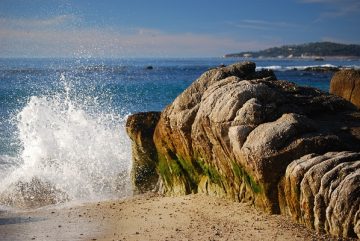
Photo credit: Fran Kimmelman-Finn from flickr/Creative Commons
